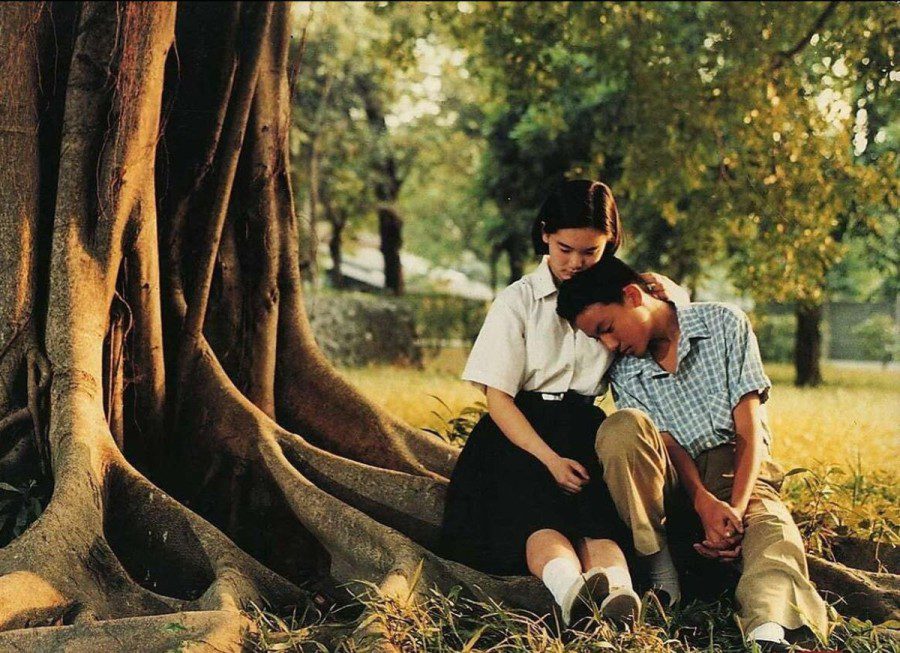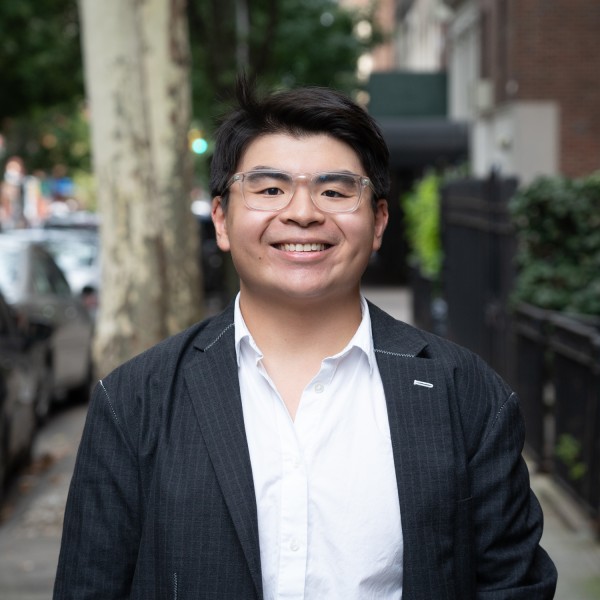Film Forum hosts ‘New Waves,’ a retrospective of New Taiwanese Cinema
“New Waves: Rediscovering Taiwanese Cinema of The 1980s” is a curated series of rare gems and classic films from this revolutionary period in film history. Tickets are available at the Film Forum box office and on their website.
Still: a still from the film “A Brighter Summer Day.” Get tickets to see “New Waves” starting Nov. 11. (Courtesy of Cine Qua Non)
November 9, 2022
In partnership with the Taipei Cultural Center and the Taiwan Film and Audiovisual Institute, Film Forum, an independent repertory cinema, will be hosting “New Waves: Rediscovering Taiwanese Cinema of the 1980s.” Starting on Nov. 11, the two-week program will showcase what the Film Forum describes as a “series of socially, critically, and aesthetically innovative films” from this pivotal moment in cinema history. Series programmer Haden Guest, who is the director of the Harvard Film Archive, has curated a selection of renowned classics in consultation with Chinese American filmmaker Wayne Wang — including some films rarely seen outside of Taiwan.
Starting in the 1980s, the revitalization and renewal of the Taiwanese film industry were unlike any other international new wave movement. This is largely due to the island’s tumultuous social history, and the film culture that bloomed out of the fray. Given Taiwan’s status as a Japanese colonial subject in the early 20th century, it never developed a strong local film industry. It was only after the Kuomintang political party retreated from the mainland after the Chinese Civil War that state-owned firms like the Central Motion Picture Company produced a plethora of propaganda films. As the century progressed, films from Hollywood and other Asian markets, especially Hong Kong, heavily outcompeted domestic films. To remedy the ailing state of the industry, government officials enlisted younger, lesser-known filmmakers, such as Edward Yang and Hou Hsiao Hsien.
The result was a silver-screen revolution; a new generation of Taiwanese auteurs redefined the aesthetic, narrative and thematic conventions of the era. Reminiscent of Italian neorealist and Japanese New Wave cinema, these films largely focus on depicting the ordinary. Long takes and wide-angle shots are abundantly employed to immerse the viewer in scenes that feel like distant memories. The melodrama is mostly abandoned in favor of illustrating mundane vignettes. However, unlike most other new wave movements, filmmakers took advantage of their medium to look back on their past. Having to work around government censors, these films creatively reflect on collective trauma and contemporary realities. A history of bloodshed, colonialism and exile is reflected unto the rapidly modernizing social landscape of modern Taiwan.
The New Waves program is a diverse curation of films that embody this pivotal chapter in the film canon. Internationally renowned masterpieces, rare gems and foundational pieces will be screened throughout the duration of the program. Here is a list of films worth checking out and experiencing on the big screen.
‘In Our Time’ (1982)
Directed by Tao Te-Chen, Edward Yang, Ko Yi-Chen and Chang Yi
The first of two Central Motion Picture Corporation anthology films created in the early 1980s — the second being “The Sandwich Man” (1983) — “In Our Time” is arguably the genesis of New Taiwan Cinema. Consisting of four distinct episodes, the omnibus explores dichotomies that would become staples of the movement: the rural-versus-urban lifestyle as well as the respective challenges of early childhood and adolescence. While all the episodes are integral in illustrating a wider picture of Taiwanese society, the most significant episode, titled “Expectations,” deals with a female protagonist who is lonesome and at odds with her environment. As the debut that launched legendary filmmaker Edward Yang’s career, this short sets the stage for many of his feature films to come; he continued to use the coming-of-age genre as a means to dissect various social, political and cultural issues in Taiwanese society.
‘Taipei Story’ (1985)
Directed by Edward Yang
In his second feature film, Yang presents a relationship and a metropolis at a crossroads. Taiwanese pop megastar Tsai Chin and fellow filmmaker Hou Hsiao-Hsien play Chin and Lung, a couple slowly being pulled apart by opposing temporal realities. Chin navigates a bustling urban environment in search for the future, while Lung is reluctant to move on from nostalgic memories of the past. As much as this film is a tragic romance, it is also a city symphony; it portrays the duality of old and new in Taipei and Taiwanese society at large. Shots of decaying buildings engulfed in shadows are contrasted with the brightly illuminated modern structures in the city. Remnants of a bygone era are slowly fading away from the rapidly evolving cityscape. Yang makes us confront the uncomfortable prospect of change; while some may adapt to the changing tides, others can’t help but sink back into the past.
‘A Time to Live, A Time to Die’ (1985)
Directed by Hou Hsiao-Hsien
Hou Hsiao-Hsien’s semi-autobiographical account of his upbringing takes audiences through three decades of a family’s dreams, heartaches and losses. The depiction of this exiled mainland family unit, largely inspired by Hou’s own life experiences, manifests a similar philosophical conflict as “Taipei Story” — tradition versus modernity — but in a different form. As we observe the world from the eyes of Ah-Hsiao, the process of growing up is defined by exhilarating moments of adolescent rebellion and the agony of intimate losses. Like many of Hou’s works, his use of long, uninterrupted takes captures the resonant and dreamy quality of visceral memories. Through these extended scenes shot in Hou’s old family home in Fengshan, the viewer is tricked into a false sense of familiarity with this locale; this makes the choice between moving forward and staying in the past all the more excruciating.
Contact Mick Gaw at [email protected].

























































































































































